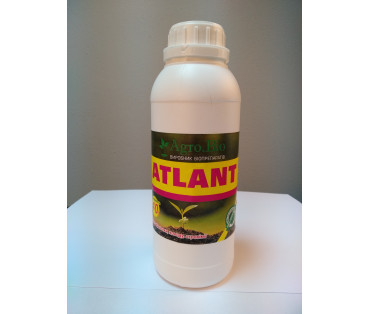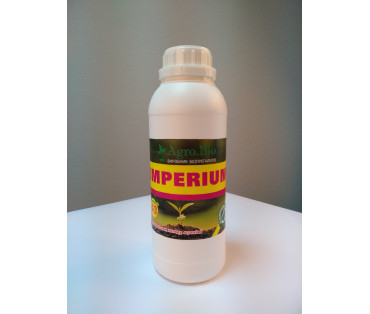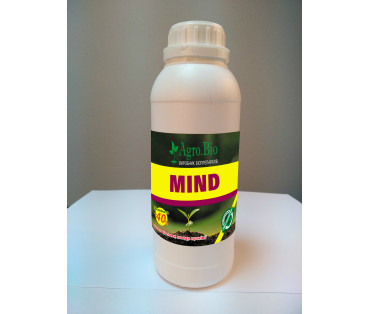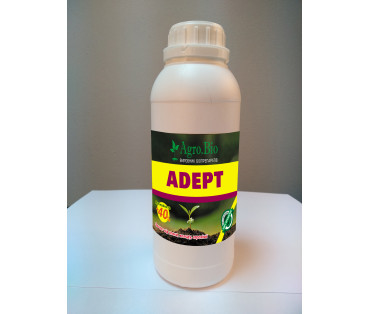Effect of humic and fulvic acids on the human body
Dr. Daniel Nuzum / Dr. Daniel Nuzum (Toxicologist, naturopath, osteopath, professor, scientific researcher)
- Pay attention to hip replacement surgery. As we age, bones weaken, become harder and less elastic. They should not become more brittle. With a normal diet, we get a lot of nutrients. Bones mineralize, they should become denser, not more brittle.
- Well, almost inevitable in all old people, I remember my grandmother, before she died, I think she broke her hip. We couldn't even hug her, she broke her hip all of a sudden. Just while walking.
- Quite right!
The reason is the extremely fragile bones. For 70 years we have been heavily fluoridated in the US, and as a result, osteoporosis is rampant, predominantly in older men, and this is because testosterone, our male hormone, is supposed to keep our bones strong. Despite this, the fluids still corrode the bones.
- Tell us about fulvic acid in cancer treatment.
- With pleasure!
Fulvic acid is the end product of the decomposition of organic matter. Imagine compost. As it decomposes, the compost turns into black soil, it's a good material, a good thing. The reason for this good material is because 50 pounds of waste decomposes into 5 pounds of soil, this soil is a concentrate of nutrients from 50 pounds of waste. There are things like humic Icelanders that are distributed all over the world. This once existed forested areas on which 1000 tons of dirt and 1000 gallons of water accumulated. In some places there was a lot of this mud, the forests were pressed to a great depth, which led to the formation of oil from this biomass. In other places, where it was closer to the surface, soil microorganisms, bacteria and various microbes in the soil led to its decomposition and what was left after all this, called humic islantsy. Basically, this is compost soil from it, from this soil, fulvic acid is released, the smallest particle of this compost, it carries all the genetic information, it contains all the nutrients, all the antioxidant properties. One molecule of fulvic acid contains 14 tetra trillion electrons that it can donate. That's tetra trillions! Tetra, this is 21.0 after 14 - completely incomprehensible figures. It is incredible that one molecule has so many free electrons. One molecule of fulvic acid contains 14 tetra trillion electrons that it can donate. That's tetra trillions! Tetra, this is 21.0 after 14 - completely incomprehensible figures. It is incredible that one molecule has so many free electrons. One molecule of fulvic acid contains 14 tetra trillion electrons that it can donate. That's tetra trillions! Tetra, this is 21.0 after 14 - completely incomprehensible figures. It is incredible that one molecule has so many free electrons.
- This is one of the problems called free radicals.
- Of course! It is a free radical scavenger.
The fulvic acid molecule is so small that it has an effect both outside and inside the cell, as well as in different parts of it, the most important thing is that it acts in the mitochondria, that is, in the cellular energy generator, in the energy cycle, the Krebs cycle, which mitochondria use to produce energy. The hydrocarbon bond, the bond of carbon and hydrogen, is broken and at the same time, the mitochondrion synthesizes ATP or adenosine triphosphate, which enters the rest of the cell. The cell is doing its job. The problem is that fragments of carbon and hydrogen are formed, that is, the so-called free radicals, we call them cellular debris.
Here is an example, if you have a wood-burning stove and you burn firewood in it for a whole week and do not clean the ashes from there, then gradually the ashes cover the wood and you can no longer burn anything. This happens to our cells and leads to their death. They accumulate so many free fragments of nutrients that it suffocates the cell. It becomes unable not to burn, the metabolism stops. Entering the cell, fulvic acid is able to turn all these fragments into new nutrients.
- Incredible!
- It's cool, it's very cool!
- Never heard of it.
- Only fulvic acid can do this, fulvic acid prevents aging. Fulvic acid is an antioxidant, fulvic acid conducts electricity, fulvic acid acts as an electrolyte in the cell, in the absence of minerals. It's phenomenal! Indeed, it is a phenomenon! And when we get tired, when we run out of breath, we have little energy left at the cellular level, our cells do not carry an electric charge well. So if we can, so to speak, recharge the battery, we have energy again. Everything begins to function properly, the necessary amount of electricity appears in the organs.
Our body generates electricity...
- That's it!
Building electrical potential, turning free radicals back into nutrients, all of that is great, but Fulvic Acid acts like a transport system, when you combine nutrients with Fulvic Acid, it delivers those nutrients - it's nanomolecules. These are even micro Nano molecules, they are smaller than nano and therefore it crosses all barriers in the body, crosses the blood-brain barrier, everything, it is able to deliver nutrients to any tissue, to any cells, to any point where nutrition is needed. Interestingly, while delivering nutrition, it removes toxins and heavy metals, pesticides or anything that the cell does not need and does not damage it. For example, the mercury that fulvic acid attaches to itself and removes from the system is such an exchange,
- Blimey!
She delivers the package, picks up the trash and takes it out. When it comes to oncologists, cancer cells contain a weak electrical charge, increasing their electrical activity with fulvic acid - we kill them. We destroy them, high electrical activity kills cancer cells. If a cancer patient received a lightning strike and survived, then he was freed from cancer.
- Seriously?
- Absolutely!
Related Products
Atlant «Agro.Bio»
Due to the combination of manganese and zinc salts, as well as physiologically active components of organic origin (potassium humate Agro.Bio and organic compounds), as well as phytoharmonic substance..
$13.00
Imperium «Agro.Bio»
Imperium "Agrobio" preparation contains two unique groups of natural substances, the mutual action of which causes a powerful biostimulating effect. It is used to improve the kilkisnicht quality indic..
$17.00
Mind «Agro.Bio»
Organo-synthetic fertilizer Mind "Agro.Bio" from the company Agro.Bio is the optimal growth stimulator for all cereals, vegetable plants, and I would especially like to highlight potatoes and an effec..
$12.00
Adept «Agro.Bio»
Product Adept "Agro.Bio" is an innovative solution in agriculture to support the growth and development of plants. A biostimulant based on ginseng root micromycete fungi provides a wide range of effec..
$13.00




